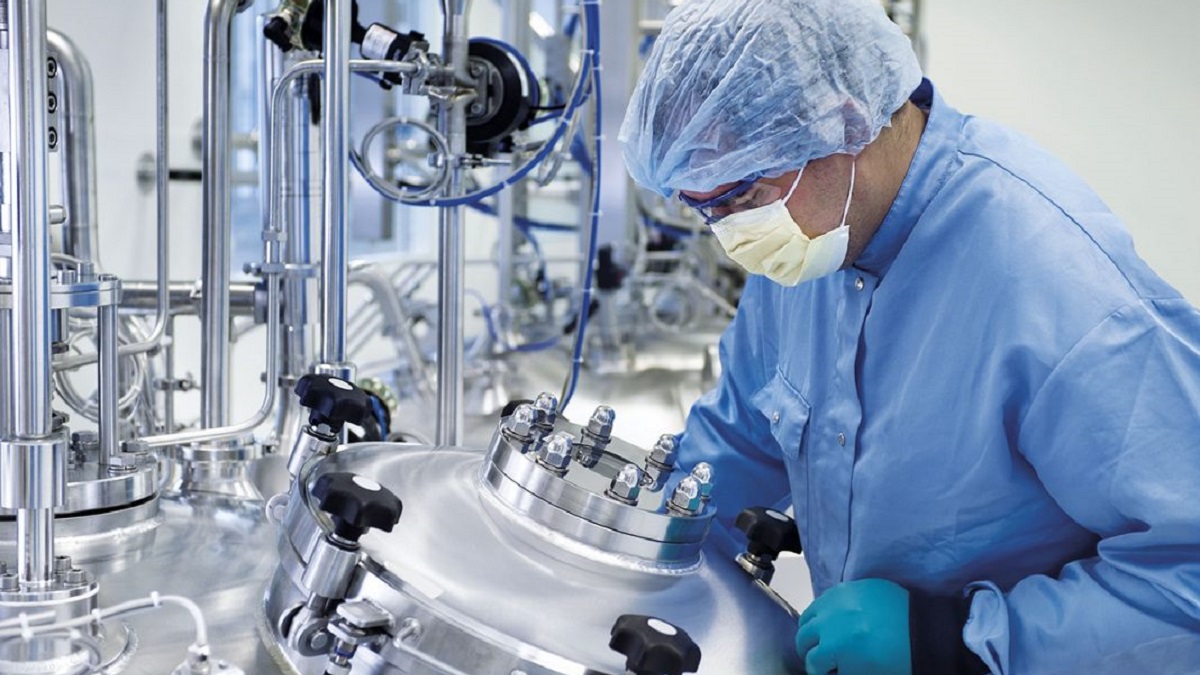EU-US trade deal could cost pharma industry up to $19 billion in new tariffs
BY Insider Desk
July 29, 2025

The European pharmaceutical industry may face additional costs ranging from $13 billion to $19 billion under a new trade agreement between the European Union and the United States, analysts said Monday, as branded medicines become subject to a 15% tariff for the first time.
The move ends a longstanding exemption on pharmaceutical products, which are Europe’s most valuable exports to the US. The EU currently supplies about 60% of all pharmaceutical imports to the American market.
The new bilateral trade deal, announced on Sunday, applies a uniform 15% tariff across sectors, including pharmaceuticals. However, officials noted that certain generic medicines would remain exempt from this requirement.
Analysts have warned that the added costs could lead to price increases for consumers unless companies implement strategies to soften the financial impact. ING analyst Diederik Stadig estimated the additional burden at $13 billion without mitigation, while Bernstein’s Courtney Breen projected the figure could reach $19 billion.
Some companies have already begun adjusting operations. Sanofi has recently agreed to sell a New Jersey manufacturing facility to Thermo Fisher, which will continue to produce the French firm’s therapies. Meanwhile, Roche said it was increasing its U.S. drug inventories to preempt supply disruptions.
Analysts said pharmaceutical firms may also rely on measures such as stockpiling and revising contracts with research partners to contain costs.
The U.S. has been conducting a national security investigation into the pharmaceutical sector, and earlier this month, Donald Trump suggested tariffs could reach up to 200%. While the current deal is expected to shield EU firms from further duties, UBS analyst Matthew Weston cautioned that details remain unclear. He noted that similar protective clauses are under discussion with the UK and Switzerland.
Shares in major European drugmakers, including Sanofi, Roche, and Sandoz, rose modestly—closing up between 0.5% and 1%—as investors weighed the potential impact.
Tags:
Most Read

Electronic Health Records: Journey towards health 2.0

Making an investment-friendly Bangladesh

Understanding the model for success for economic zones

Bangladesh facing a strategic test

Bangladesh’s case for metallurgical expansion

How a quiet sector moves nations

A raw material heaven missing the export train

Automation can transform Bangladesh’s health sector

A call for a new age of AI and computing
You May Also Like
